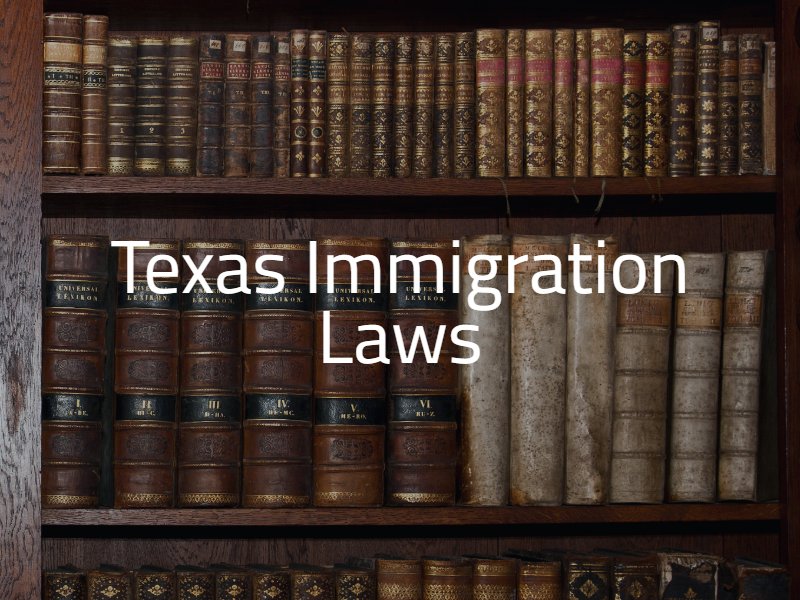
The new U.S. presidential administration has already led to changes in the ways immigration laws around the country are enforced. In the state of Texas, documented and undocumented immigrants may not understand the current laws or their rights. Understanding Texas’ laws about immigration checks, law enforcement privileges, educational institution rules, and laws within the workplace can help immigrants feel more confident and avoid unnecessary interactions with the law. As the laws continue to change, work with a defense attorney in Houston regarding any legal questions, recent detainments, or charges against you.
The federal Secure Communities Program from the U.S. Immigration and Customs Enforcement (ICE) office requires fingerprinting of all arrested individuals. The fingerprints then go through a federal database that checks the individual’s immigration status. Some cities have refused to comply with provisions of the Secure Communities Program, but the Houston Police Department currently abides by the fingerprinting regulations.
Federal law requires all employers to verify a prospective employee’s eligibility to work in the United States. This involves receiving proof of the person’s documentation as a legal U.S. citizen or immigrant. Employment checks may involve Form 1-9 as well as the E-Verify process to check a person’s immigration status. Federal anti-discrimination laws prohibit discrimination on the basis of citizenship status, but it is unlawful to employ undocumented immigrants. Fair employment practices protect all work-authorized people from unfair documentary processes.
Under federal law, states must provide all children with equal access to public education, regardless of immigration status. Children of all immigrants, including undocumented immigrants, may pay in-state tuition at public universities in Texas. There is no current federal law prohibiting U.S. colleges from admitting undocumented students. There are only three states – Alabama, Georgia, and South Carolina – that have passed laws restricting undocumented students from attending public colleges.
Texas’ Temporary Assistance for Needy Families (TANF) program provides cash to low-income families with children ages 18 and younger to help pay for basic needs, such as food. Only U.S. citizens and legal residents may receive TANF benefits. Federal law prohibits undocumented immigrants from receiving this public benefit, as well as most other benefits. They can, though, receive health care and emergency services that are necessary to protect their lives and safety.
To obtain a Texas driver’s license or other form of identification, a resident needs a valid Social Security card or another acceptable form of identification. Valid photo identification is also required to vote in the state of Texas. Identification for voter ID includes a driver’s license, U.S. citizenship certificate, U.S. passport, and U.S. military ID.
Senate Bill 4 (SB 4) was passed in 2017 and gives police departments and governmental immigration agents the power to conduct immigration checks on anyone in detainment. In addition, SB4 forces local government and law enforcement to comply with the work of federal immigration officers.
It will also punish jurisdictions that fail to comply with U.S. immigration laws, or that act as sanctuary cities by discouraging law enforcement from conducting immigration status checks on routine stops.
Should you and your family encounter an immigration raid in Texas, remain silent and contact a lawyer. If a police officer or immigration agent arrests you, use your phone call to contact an attorney. Do not speak to police about where you were born or how you came into the United States. Do not show the officer any false documents. The sooner you speak with an attorney, the sooner you receive sound legal advice in any given immigration situation.